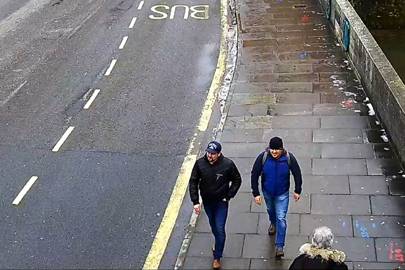How police super-recognisers cracked the Russian novichok case
 Super-recognisers have an extraordinary talent for recognising people they have only seen once, even if just briefly. They are more accurate at identifying people from CCTV footage than current facial recognition algorithms, particularly when suspects are partially obscured, are disguised, seen from the side or even from the back, or have changed their appearance since the last visual identification.
Super-recognisers have an extraordinary talent for recognising people they have only seen once, even if just briefly. They are more accurate at identifying people from CCTV footage than current facial recognition algorithms, particularly when suspects are partially obscured, are disguised, seen from the side or even from the back, or have changed their appearance since the last visual identification.
During the Notting Hill Carnival, which was attended by more than a million people, police commanders opted to use super-recognisers instead of facial recognition technology, which in previous trials had proved highly ineffective. Experts predict that it will take more than a decade until software will have the same level of accuracy.
The first study on super-recognisers was conducted in 2009 by psychologist Richard Russell, at Harvard University, based on tests conducted on four people who claimed to have exceptional ability for recognising faces (Russell himself coined the term).
No comments:
Post a Comment